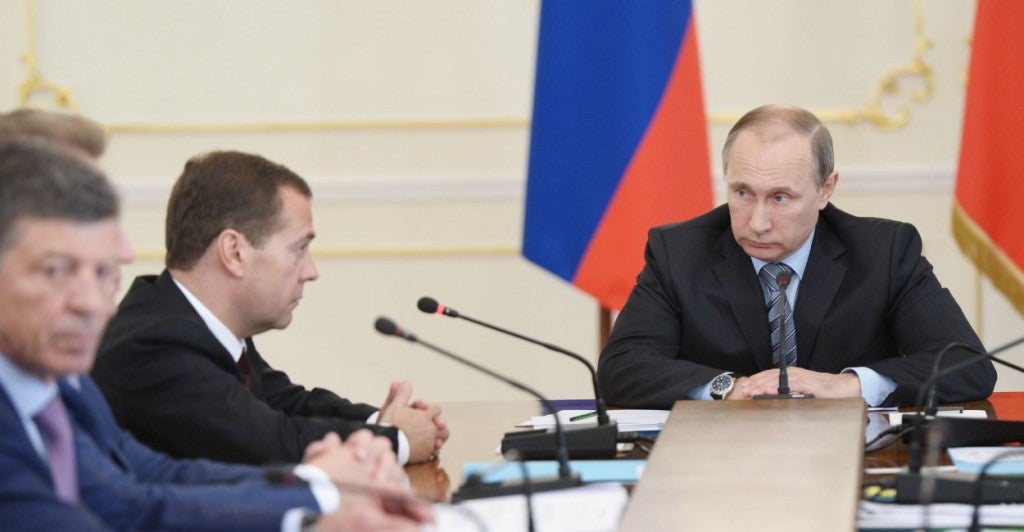The multi-front cyberspace information war in which we recently have found ourselves just got a little more complicated.
A group which calls itself Cyber Caliphate, assumed to have ties to the terrorist group ISIS, may in fact be a creation of Russian hackers taking advantage of the havoc wrecked on social media and the Internet by ISIS propagandists.
The complex picture this presents adds to the challenges faced by the U.S. government as it seeks to adjust its counterterrorism communication and cybersecurity measures to deal with rising threats from abroad.
According to a new report, “Who Is Cyber Caliphate? Re-examining the Online ISIL Threat,” produced by the State Department’s Office of Diplomatic Security (DS), a major cyber attack on French television TV5Monde last April by Cyber Caliphate hackers took the station off the air for 20 hours and exposed employee email accounts.
It was more sophisticated than anything previously seen from ISIS hackers.
French and American investigators tracking the electronic footprints of the hackers found they led to a Russian hacker group known as APT28, which usually hack in favor of the Russian government and directs its efforts at NATO.
In fact, they found no electronic tracks leading back to ISIS. Russian information warfare, which has intensified massively over the past several years, is taking ever changing twists and turns, and this one took investigators by surprise.
Russian hackers are greatly more sophisticated than the ISIS variety.
The Diplomatic Security report does, however, also stress the heavy influence of ISIS on Twitter in particular, as it seeks to create radicalized followers among disaffected and alienated Muslim youth in Western societies.
From September to December, 2014 alone, an estimated 46,000 Twitter accounts were associated with ISIS, the group’s most potent method to reach into impressionable minds.
Under the new leadership of Rashad Hussein at the U.S. Center for Strategic Counterterrorism Communication of the State Department (CSCC,) the policy of the U.S. government is to counter terrorism propaganda with a positive message, presenting a more attractive vision in the war of ideas.
This strategy dovetails with the administration’s dubious argument that terrorist acts arise from populations deprived of economic opportunity and have to be dealt with by addressing “root causes,” like poverty.
The new counterterrorism approach is a departure from the work of the Center for Strategic Counterterrorism Communication under the recently departed Ambassador Alberto Fernandez, who took a harder line, attacking ISIS (and Cyber Caliphate) propagandists head on, and exposing graphically the brutality and horrors perpetrated by ISIS terrorists.
For this tough and confrontational approach, Fernandez was heavily criticized in the U.S. media and shunned by the executive branch.
With Russian hackers parading as ISIS propagandists, we now seem to have a perfect storm.
The complexity of cyber conflict certainly suggests that the U.S. government must intensify and improve its own efforts to outsmart our enemies.
